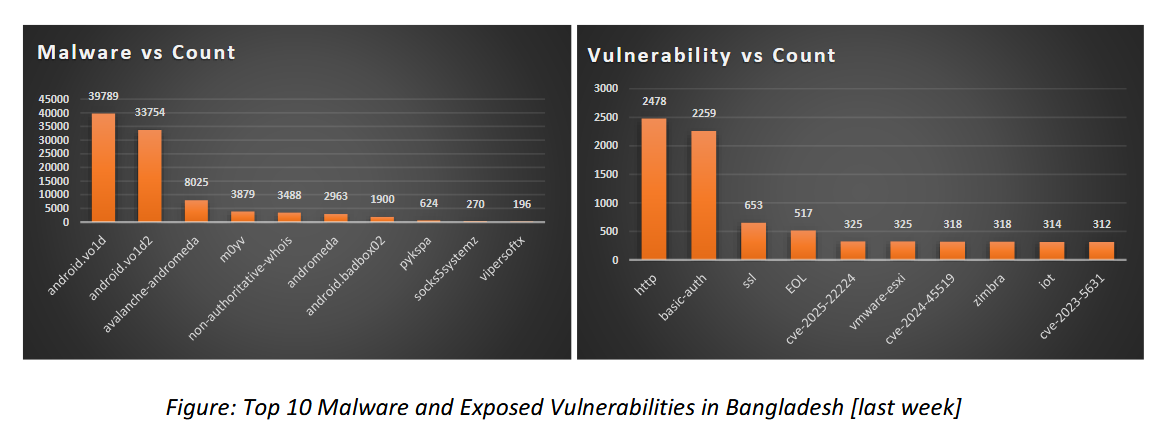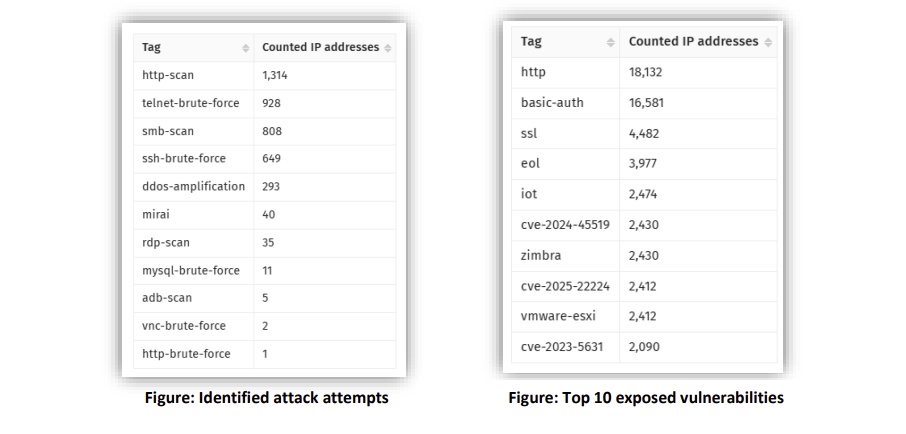A Vulnerability in HPE Edgeline Infrastructure Manager Software Could Allow for Remote Code Execution
by CIRT Team
DESCRIPTION:
A vulnerability has been discovered in HPE Edgeline Infrastructure
Manager Software that could allow for remote code execution. HPE
Edgeline Infrastructure Manager Software was made to aggregate the
management of Edgeline ComputeDevices. It is delivered as a Virtual
Machine image (OVA) targeted at running on VMware ESXi, workstation,or
player. Edgeline Infrastructure Manager supports discovery, monitoring,
and management of EdgelineConverged Edge Systems.
Successful exploitation of this vulnerability could result in remote
code execution within the context of the application, an attacker
gaining the same privileges as the logged-on user, or the bypassing of
security restrictions. Depending on the permission associated with the
application running the exploit, an attacker could then install
programs; view, change, or delete data.
IMPACT:
A vulnerability has been discovered in HPE Edgeline Infrastructure
Manager Software. The vulnerability could be remotely exploited to
bypass remote authentication leading to execution of remote commands,
gaining privileged access, causing denial of service, and changing the
configuration. Specifically this vulnerability is due to an issue
related to how HPE handles password resets for administrator accounts.
Successful exploitation of this vulnerability could result in remote
code execution within the context of the application, an attacker
gaining the same privileges as the logged-on user, or the bypassing of
security restrictions. Depending on the permission associated with the
application running the exploit, an attacker could then install
programs; view, change, or delete data.
SYSTEM AFFECTED:
* HPE Edgeline Infrastructure Management Software – Prior to version 1.22
RECOMMENDATIONS:
We recommend the following actions be taken:
* Apply the appropriate patch provided by HPE (HPE Edgeline
Infrastructure Manager version 1.22 or later).
* Run all software as a nonprivileged user (one without administrative
privileges) to diminish the effects of a successful attack.
* Remind users not to download, accept or execute files from untrusted
and unknown sources.
* Remind users not to visit untrusted websites or follow links provided
by untrusted or unknown sources.
* Evaluate read, write, and execute permissions on all newly installed
software.
* Apply the Principle of Least Privilege to all systems and services.
REFERENCES:
https://cve.mitre.org/cgi-bin/cvename.cgi?name=CVE-2021-29203
https://support.hpe.com/hpesc/public/docDisplay?docLocale=en_US&docId=hpesbgn04124en_us
https://support.hpe.com/hpesc/public/docDisplay?docId=a00066458en_us&docLocale=en_US
https://threatpost.com/hewlett-packard-critical-bug-edge/165797/











